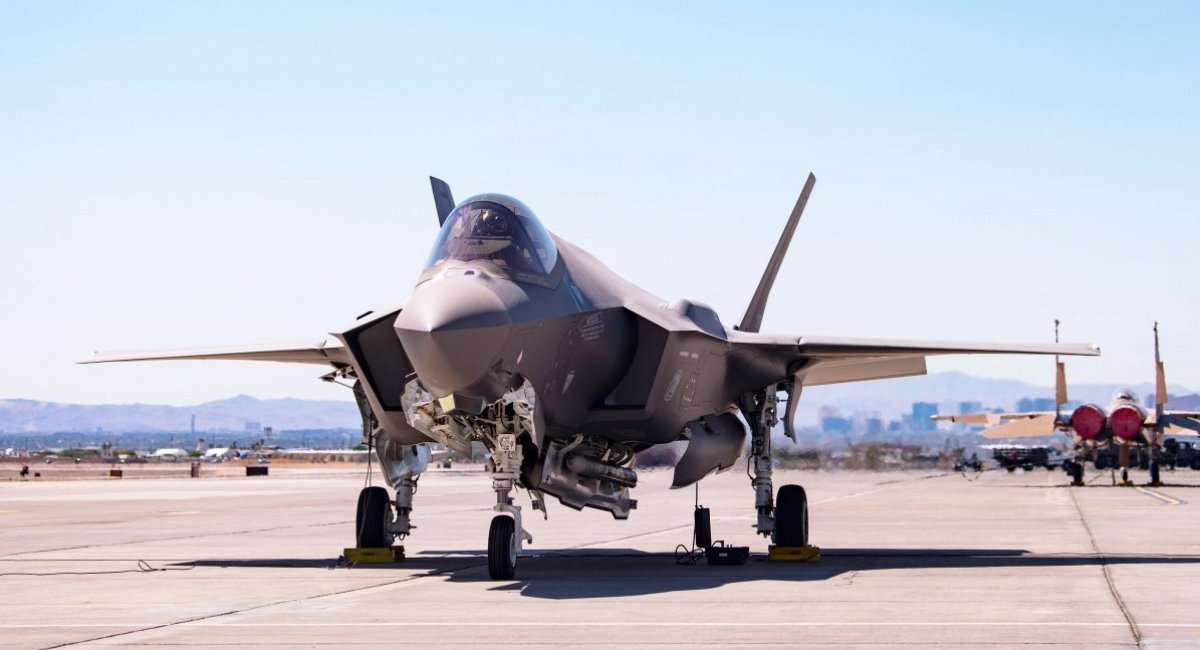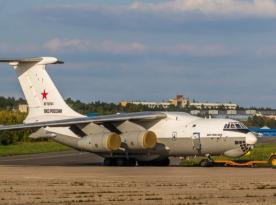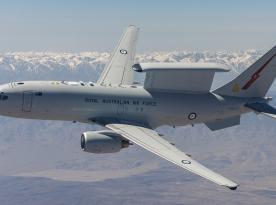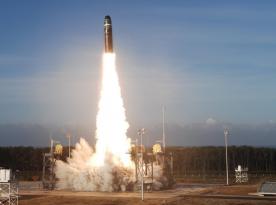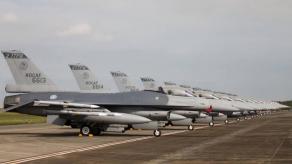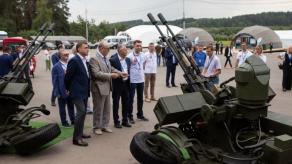Germany's decision to purchase an additional 15 American F-35 fighter jets worth €2.5 billion could mark the final rupture in its already fragile defense aviation partnership with France. The move, revealed by Der Spiegel citing classified Defense Ministry documents submitted to the Bundestag's budget committee, underscores Berlin's growing dependence on U.S. technology, and highlights the widening cracks within Europe's ambition to develop its own sixth-generation fighter under the FCAS program.
The new aircraft will serve to replace Germany's aging Panavia Tornado fleet, which currently fulfills the NATO nuclear-sharing role. Back in December 2022, Berlin ordered 35 F-35 jets to assume this critical mission starting in 2027. However, the German Air Force has reportedly concluded that the initial number was insufficient to maintain full readiness within the nuclear deterrence component, prompting the move to expand the fleet.
Read more: Ukraine Launches Production of Bullet Anti-aircraft Drone, Accelerating to 309 km/h
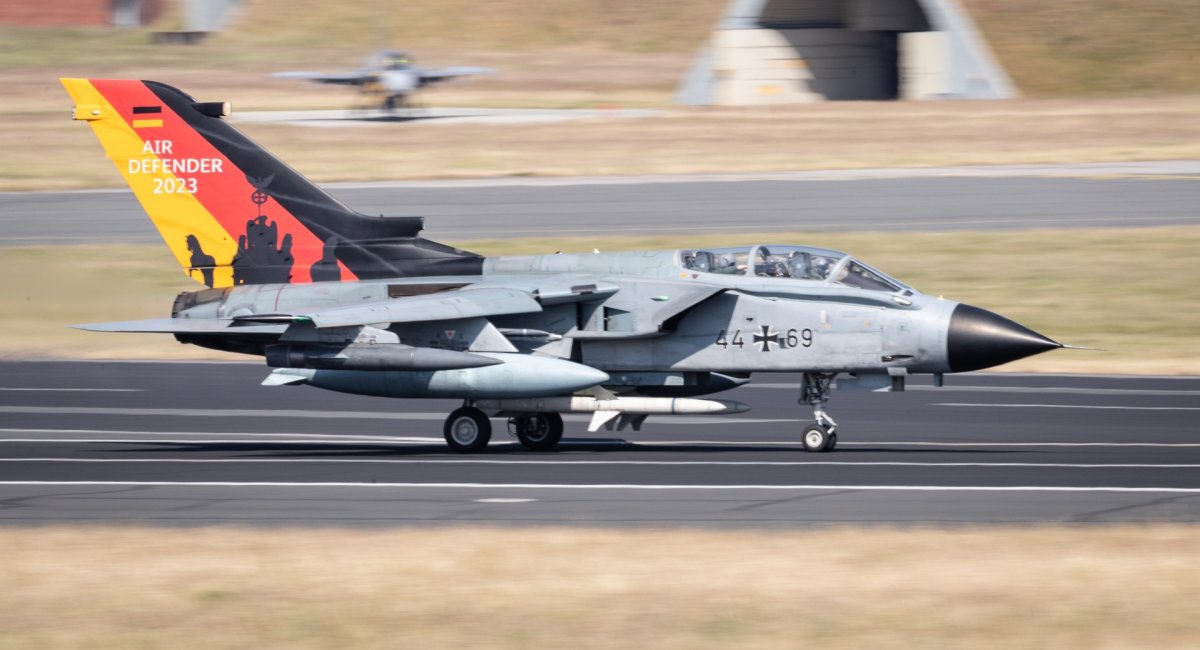
The model in question is the F-35A aircraft, the conventional takeoff and landing variant that is both the most affordable and most widely used of the three versions. It is also the only one certified to carry the B61-12 free-fall nuclear bomb, making it indispensable for NATO members involved in nuclear-sharing arrangements. Beyond its nuclear capabilities, the aircraft offers versatility through integration with precision-guided conventional weapons such as the Joint Strike Missile (JSM), bolstering the Alliance's overall deterrence posture.
Yet, this pragmatic defense decision is unlikely to be well received in Paris. French aerospace giant Dassault Aviation, the manufacturer of the Rafale aircraft, has long criticized European states for choosing American platforms over homegrown alternatives. Its CEO, Éric Trappier, has repeatedly framed such moves as a "betrayal of European defense sovereignty", and similar rhetoric is almost certain to resurface following Germany's latest procurement.
The timing couldn't be worse for the Franco-German Future Combat Air System (FCAS) program, envisioned as Europe's answer to the F-35 aircraft. Plagued by disputes over technology sharing and industrial leadership, the FCAS program has struggled to progress beyond early development phases. Dassault has insisted on retaining control over around 80% of the work share, a stance that has alienated its German partners and severely strained trust within the consortium.
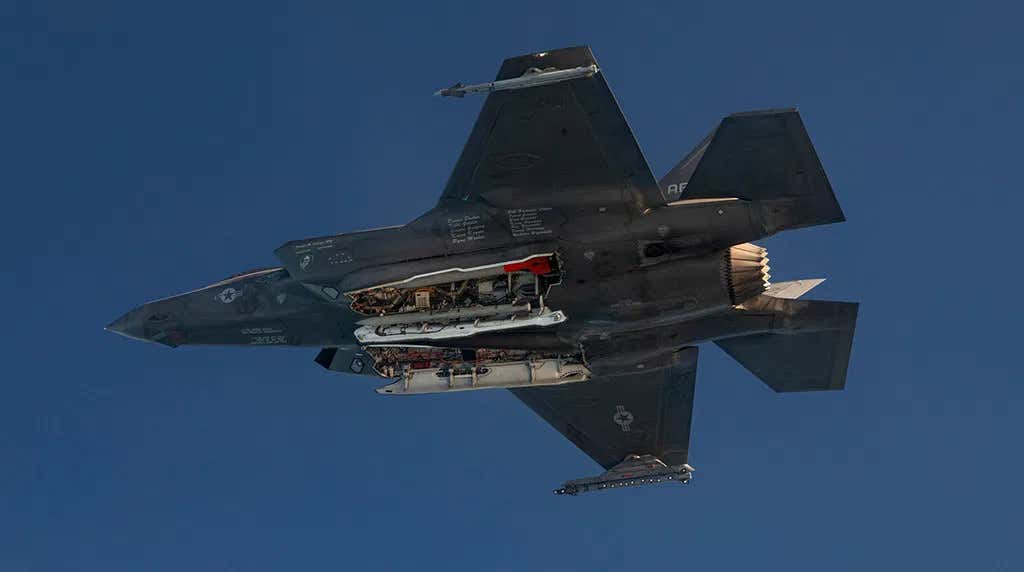
If Berlin's new deal with Washington goes through, it may effectively seal the FCAS program's fate. The perception that Germany no longer believes in the project's viability could accelerate its collapse, leaving France increasingly isolated in its push for European defense autonomy. For many in Berlin, however, reliability and interoperability within NATO outweigh the political symbolism of "European independence".
Germany, meanwhile, appears to be quietly preparing a Plan B. Industry insiders suggest that Stockholm may emerge as an alternative partner, given Sweden's proven record in developing advanced yet cost-efficient fighter platforms such as the Gripen jets.
Read more: America's Air Power Advantage Is Crumbling Jets Are Retired 4.5 Times Faster Than Built




